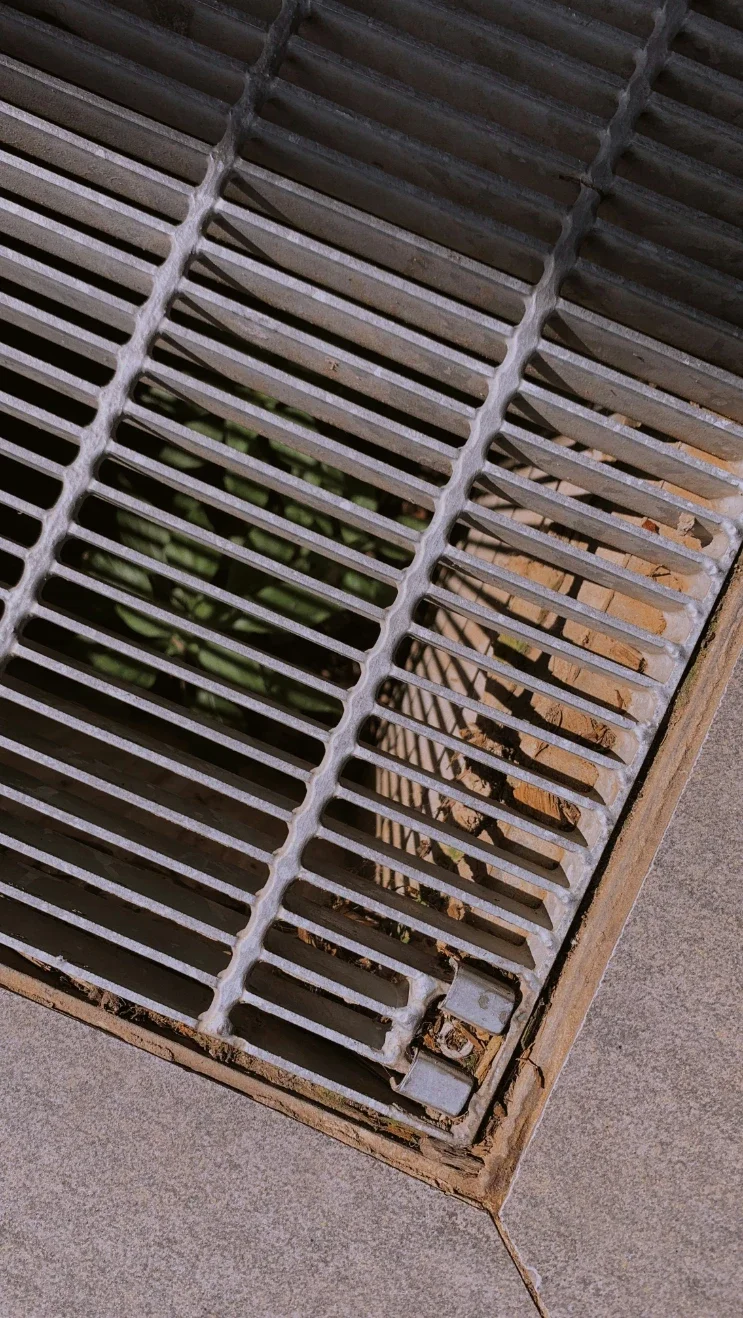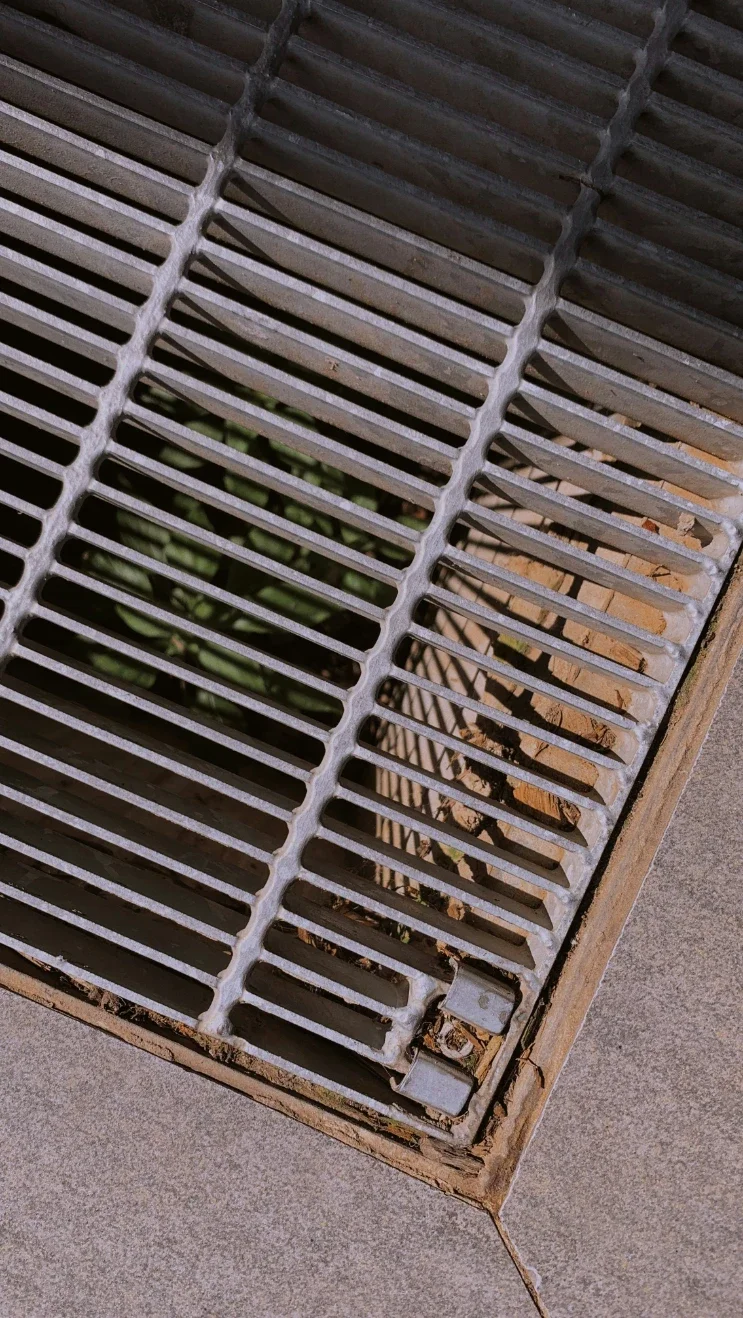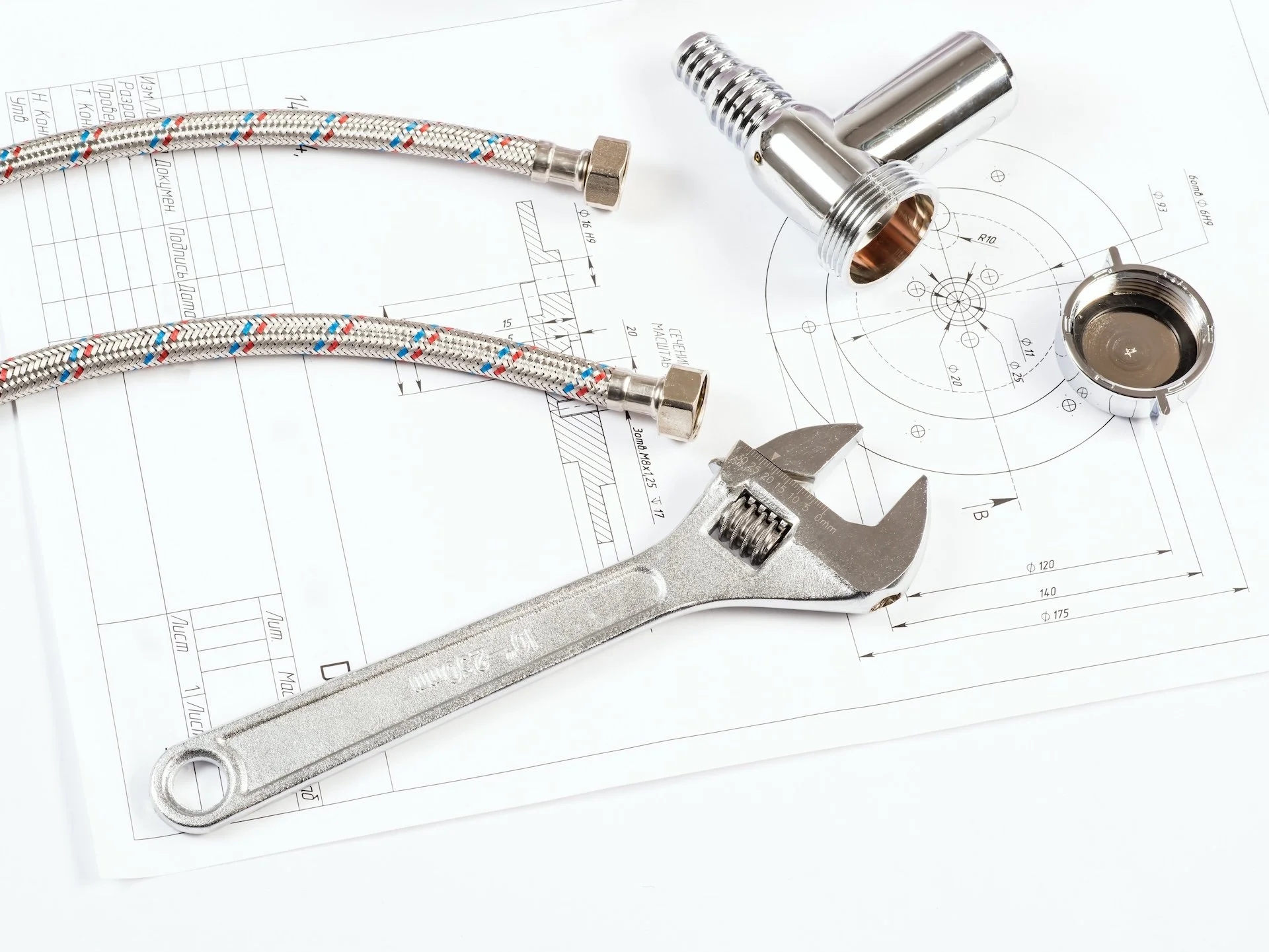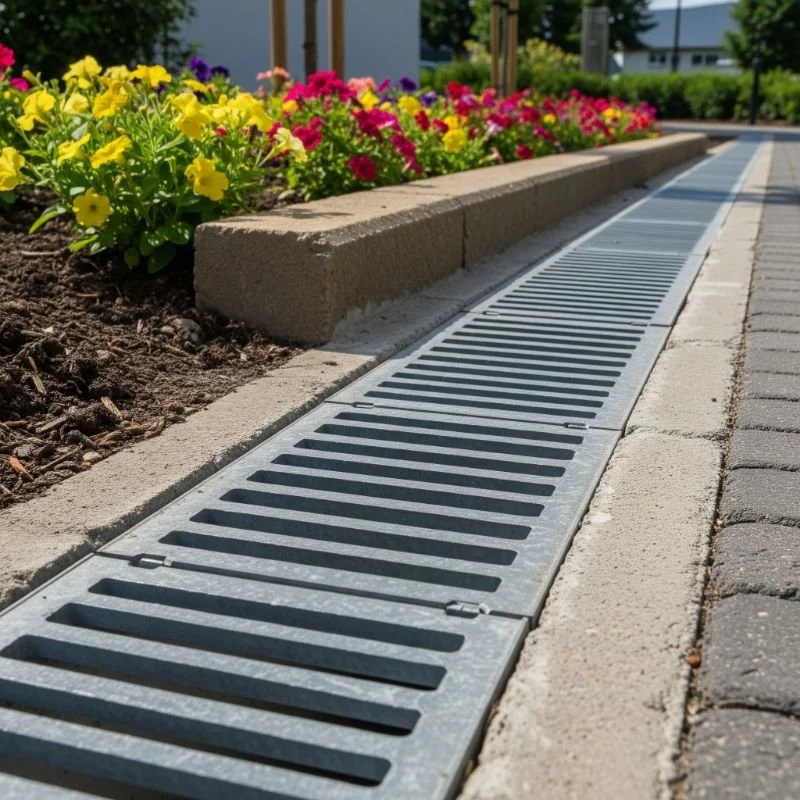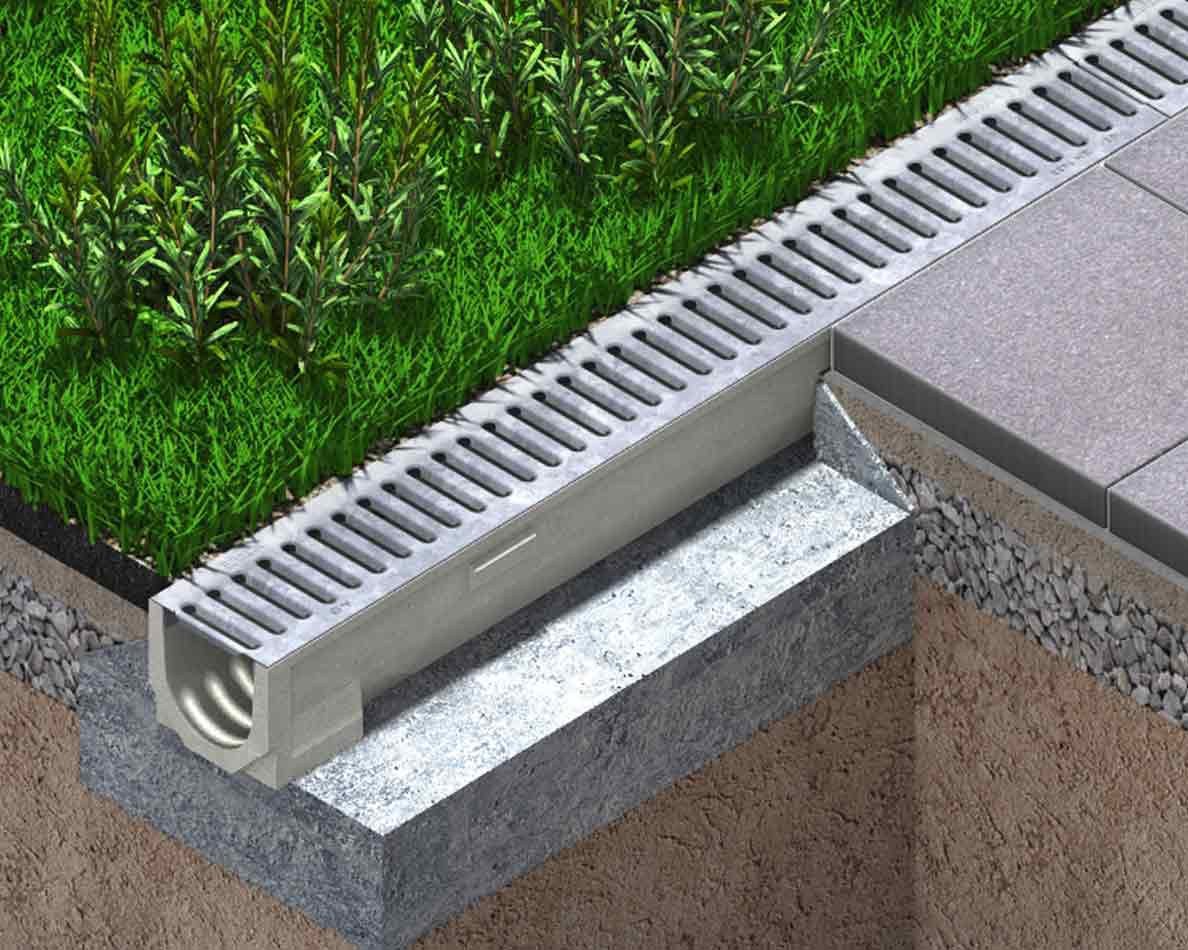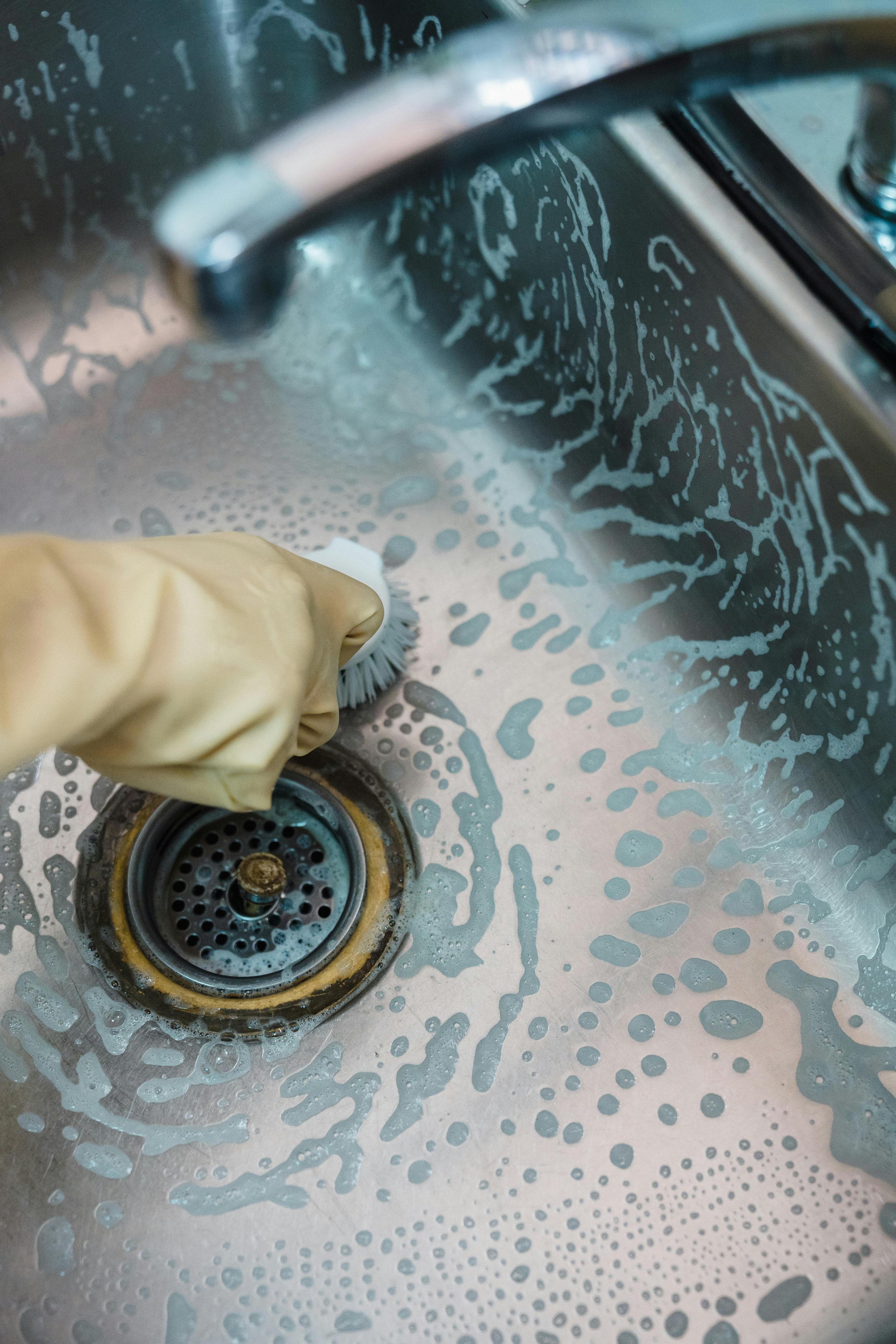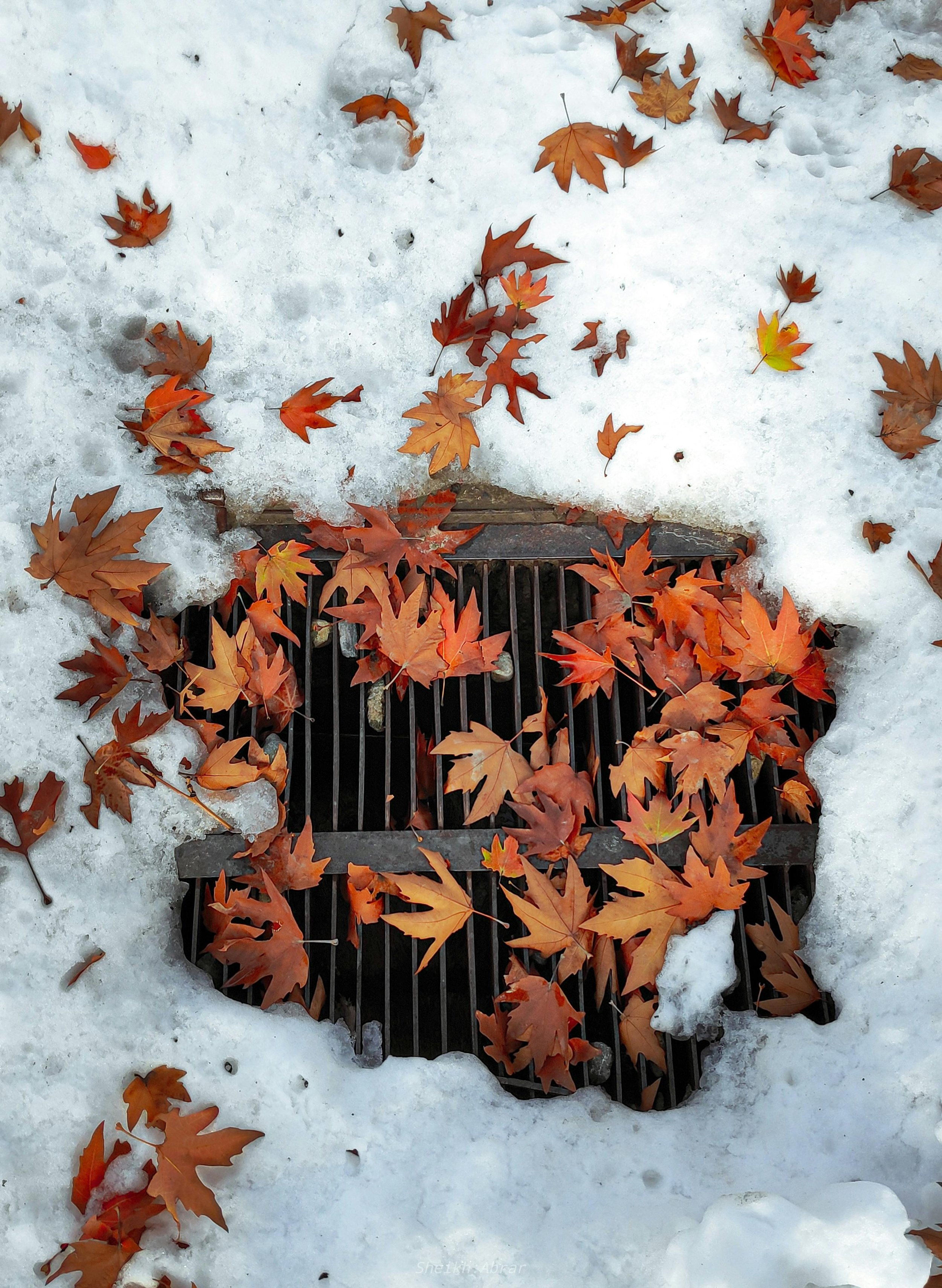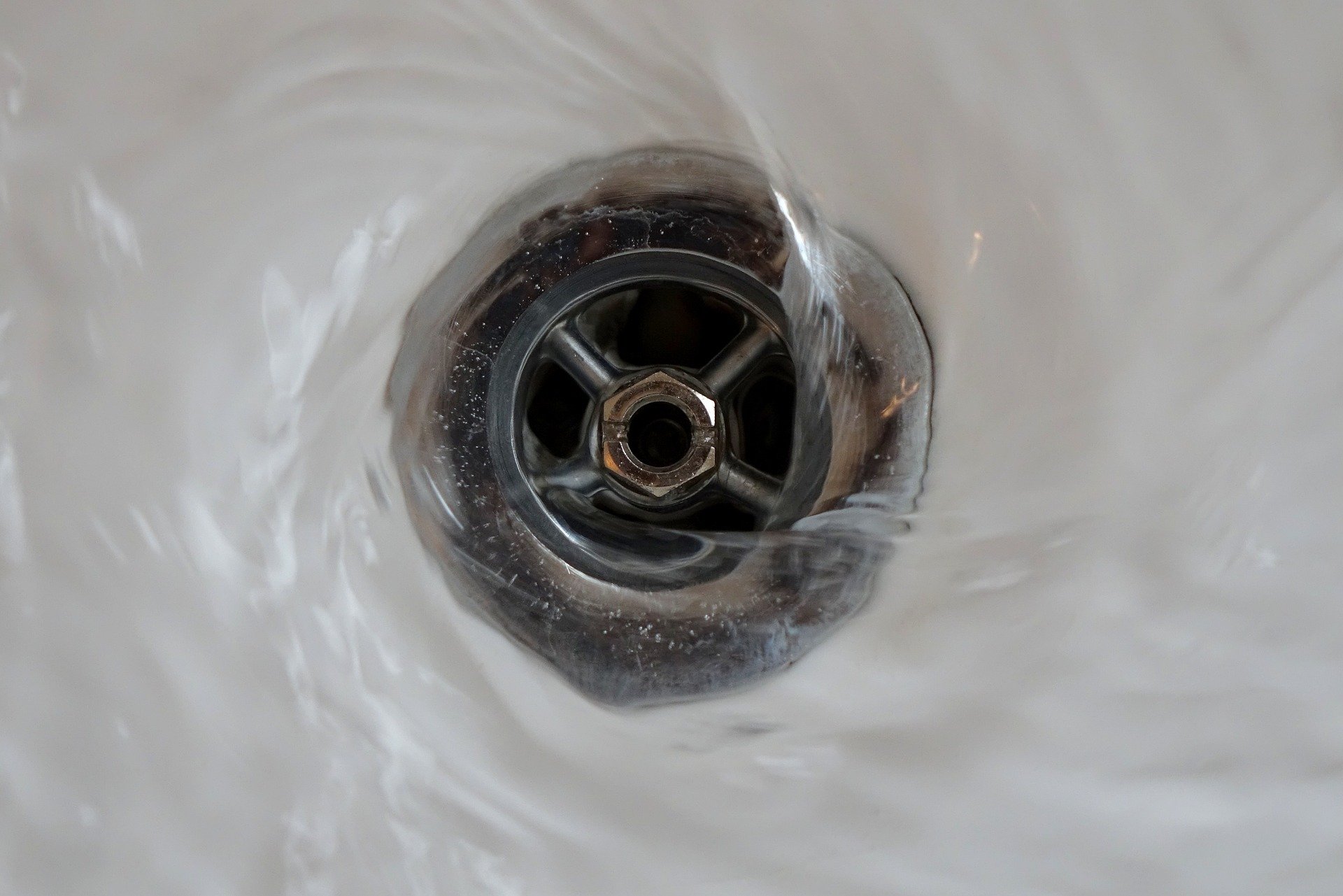Clogged Drains: Why They Occur and Smart Prevention Strategies
Learn why clogged drains occur and explore smart prevention strategies that keep your plumbing clear, efficient, and free from costly repairs.
Clogged drains can lead to odors, slow drainage, and costly repairs. Understanding the root causes and implementing smart prevention can reduce the chances of future blockages. If problems persist, professional help is recommended. Proactive maintenance and daily habits can prevent blockages, while regular checkups can save time, money, and stress. Factors like household materials and environmental issues contribute to clogged drains. Recognizing external factors like invasive tree roots and outdated plumbing can also lead to recurring blockages. Routine maintenance and professional evaluation are recommended for optimal pipe health.
Common Causes of Clogged Drains
Bathroom drains often become clogged due to hair and soap scum, which form sticky clumps that slow water drainage and cause unpleasant smells. Kitchen sinks are particularly susceptible to grease, fats, and food particles blocking. Flushing products like wipes, cotton pads, and feminine hygiene items can cause stubborn blockages. Professional help such as Northern Virginia plumbing services may be necessary for more complex or recurring issues to ensure safe and thorough removal. Outdoor plumbing problems can also arise from tree roots, which can penetrate pipe joints and create long-term blockages that require specialized equipment to remove.
Smart Prevention Strategies
To prevent clogged drains, install drain screens in showers, bathtubs, and sinks to capture debris before it enters the plumbing system. Proper grease disposal is crucial, as pouring grease down the sink can cause clogs. Mindful flushing habits are also important, as restroom plumbing is designed to handle only human waste and toilet paper. Regular hot water flushing is recommended, especially for PVC plumbing. Use natural cleaners like baking soda and vinegar, followed by hot water, to break up minor buildup and eliminate odors without harsh chemicals. Schedule professional inspections from a licensed plumber to catch minor issues before they escalate into costly repairs. These measures ensure the longevity of your plumbing system and prevent clogged drains.
Conclusion
Adopting these prevention strategies can significantly lower the risk of drain clogs and ensure reliable performance from your plumbing system year-round. By staying proactive and seeking the assistance of local professionals when necessary, homeowners can avoid the inconvenience and unexpected costs that often accompany stubborn blockages. Consistent education and maintenance are the foundation of a healthy, stress-free home environment.
